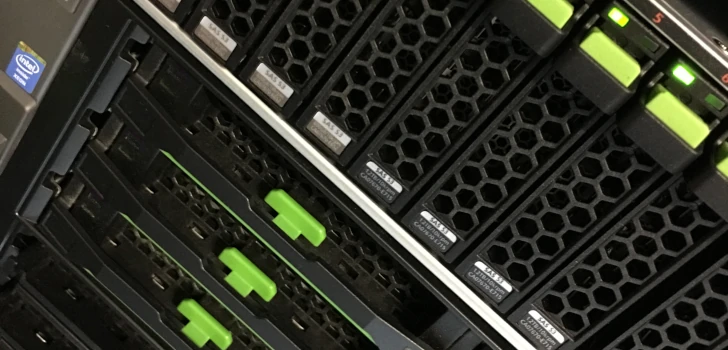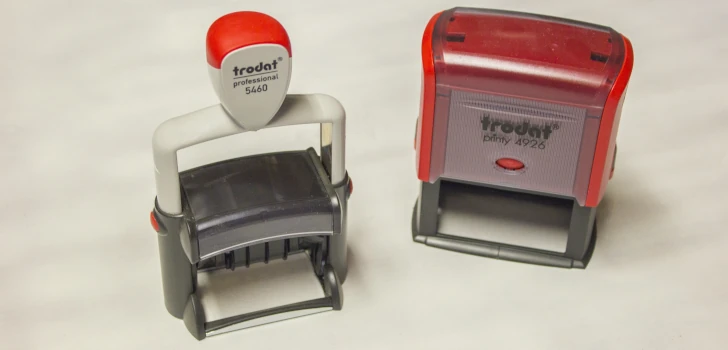
bootc 101: dalla container image alla tua distro personale
October 25, 2025 - Milano, IT
Read More 
October 25, 2025 - Milano, IT
Read More 
May 31, 2025
In the coming couple of weeks I’ll be heading to the Common Europe Congress (CEC2025), Flock 2025, and DevConf.cz 2025, some of the best community-driven events in the ecosystem. If you’re around, let’s catch up and share stories over coffee!
The Common Europe Congress is the largest educational convention for IBM Power users in Europe. This year it’s taking place at the Gothia Towers in Gothenburg, Sweden. I’ll be there from June 2nd through the 4th, and I have two sessions lined up:
Read More 
April 30, 2025
If you’ve followed my posts over the years, you know I prefer clean solutions to less clean ones for my home lab (more to come on this!). Over the past year, I settled on a pattern that gives me the isolation of Kubernetes Namespaces without any of its weight: one private Podman network per application, plus Traefik in a shared “DMZ” network that terminates TLS and forwards traffic where it needs to go.
Read More 
March 31, 2025
For a while now, I’ve been looking into optimizing and reorganizing some of the infrastructure that powers my self-hosting services. After evaluating a few alternatives, Scaleway’s Dedibox lineup caught my attention: it is a European company with good hardware and decent pricing.
However, as with every good solution, it is not perfect. Scaleway does not provide Fedora as an OS option for their Dedibox machines. They offer a decent selection, including Rocky Linux, Debian, and Ubuntu — but no Fedora. Now, if you know me, you know that Fedora is not just my distro of choice — it’s the one I trust for both personal and professional projects.
Read More 
January 31, 2025
The next few days are shaping up to be packed with open-source goodness! I’ll be heading to CentOS Connect, FOSDEM, and CfgMgmtCamp, three of the best events in the ecosystem. These conferences always include a great mix of technical talks, hallway conversations, and spontaneous meetups with friends—both old and new.
If you’re around, let’s catch up!
CentOS Connect (Brussels, January 31)
Although the event run yesterday and today, I’ll only be able to attend today.
CentOS Connect is a small but incredibly valuable event where the wider CentOS community (Fedora, CentOS, and all the Enterprise Linux distros) meets to discuss the space’s present and future.
It’s a great opportunity to meet contributors, learn about upcoming changes, and exchange ideas with people who shape the CentOS ecosystem.
I really like this event because its atmosphere is similar to Flock: very casual and more like a friends’ gathering than a conference.

October 26, 2024 - Milano, IT
Read More 
October 26, 2024 - Milano, IT
Read More 
July 31, 2024
Last month, the Ansible Forum had a discussion about potential changes that might be implemented in AWX. One aspect that immediately hit me was the decision to move from SemVer to CalVer. More specifically, what struck me was the focus on this change in the initial post and in the comments. Since it took me a while to formulate a whole reasoning behind my perspective, I created this blog post to explain my thought process better.
Read More 
June 13, 2024 - Brno, CZ
Read More 
February 4, 2024 - Bruxelles, BE
Read More